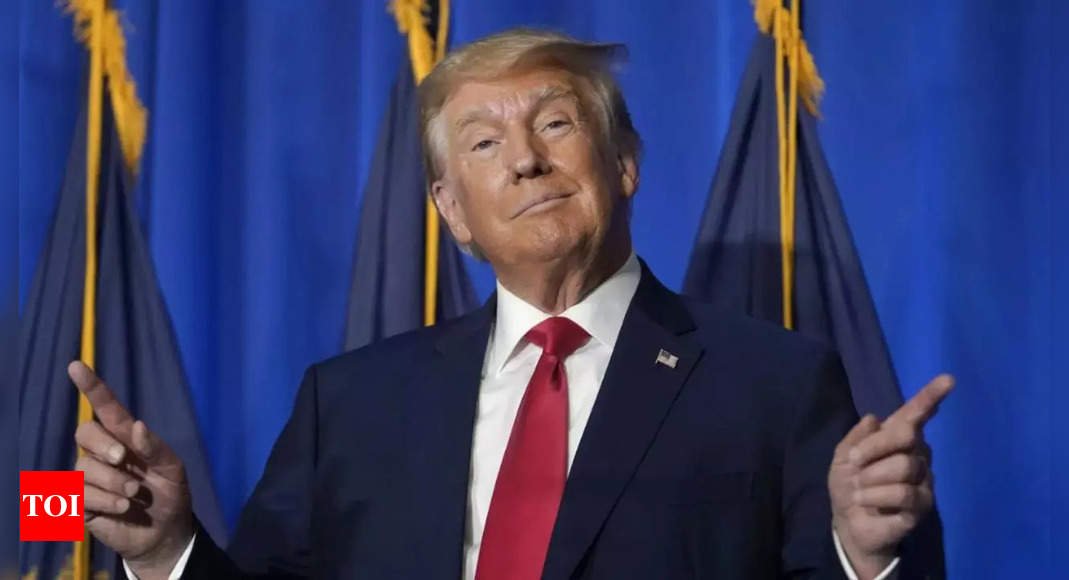India’s IT sector is optimistic about President Donald Trump’s return to the Oval Office. The public mood is high despite concerns about potential changes to US immigration laws. Immigration experts and analysts have warned that Trump may become more stringent on H-1B and other immigration laws during his second term as US president.
Donald Trump’s previous term saw an increase in salaries for H1B workers as well as visa fees. In this period, the Trump administration may reconsider the annual allotment of H1B work visas, which currently caps at 85,000. H1B applications may face tougher scrutiny, as denial rates under the previous Trump administration reached an all-time high of 24%. The duration and eligibility for Optional Practical Training (OPT) for international students may also be subject to review.
Despite these concerns, Indian IT companies celebrated the Republican victory, with technology stocks leading the rise in India’s benchmark stock indices. IT stocks rose sharply, sending benchmark indices higher after it became clear that Donald Trump will serve as the next president of the United States for a second term. Tata Consultancy Services (TCS) shares rose 4.21 per cent, Infosys shares jumped 4.02 per cent, Tech Mahindra shares rose 3.85 per cent and HCL Technologies shares rose 3.71 per cent on the Bombay Stock Exchange (BSE). Persistent Systems rose 5.86 percent, LTIMindtree jumped 4.75 percent, and Wipro advanced 3.75 percent.
So what is setting the mood in favor of Indian IT companies?
Here are four possible factors
* Strong dollar: IT companies expect easier financing policies regarding interest rates, inflation, etc., which may help ease IT budgets for US companies. A strong dollar benefits the outsourcing industry in India, as the majority of IT services companies cater to the US as a major business market. Thus, the industry derives a significant portion of its revenue in US currency even though its operational costs are in Indian rupees.
* Stability in policy making: With Republicans controlling the government, the Senate, and Congress, there is likely to be stability in policy making.
* Better corporate tax policies: Donald Trump’s proposal to reduce the corporate tax rate from 21% to 15% is likely to ease budgetary pressures and expand discretionary spending on technology by US companies, thereby benefiting US-registered Indian startups as well as technology companies. . .
* The alternative to China: Donald Trump’s tough stance on China means increased flow of US money to India. Trump is expected to deal harshly with China, as we saw during his last term. This will benefit Indian IT companies from a higher degree of fund flow. Advanced technologies such as artificial intelligence and semiconductors may see more US investment.











